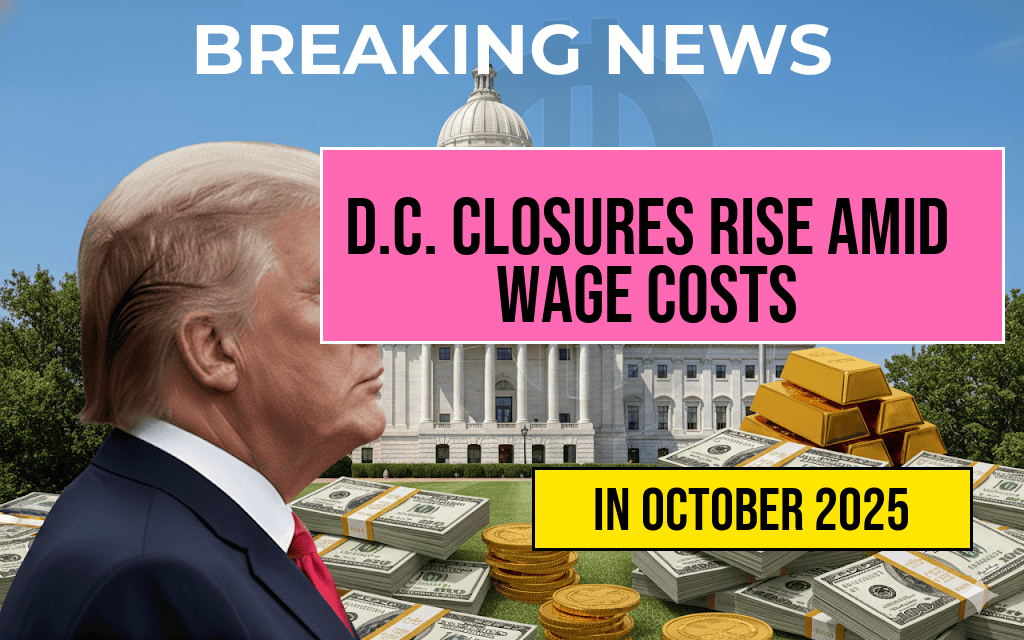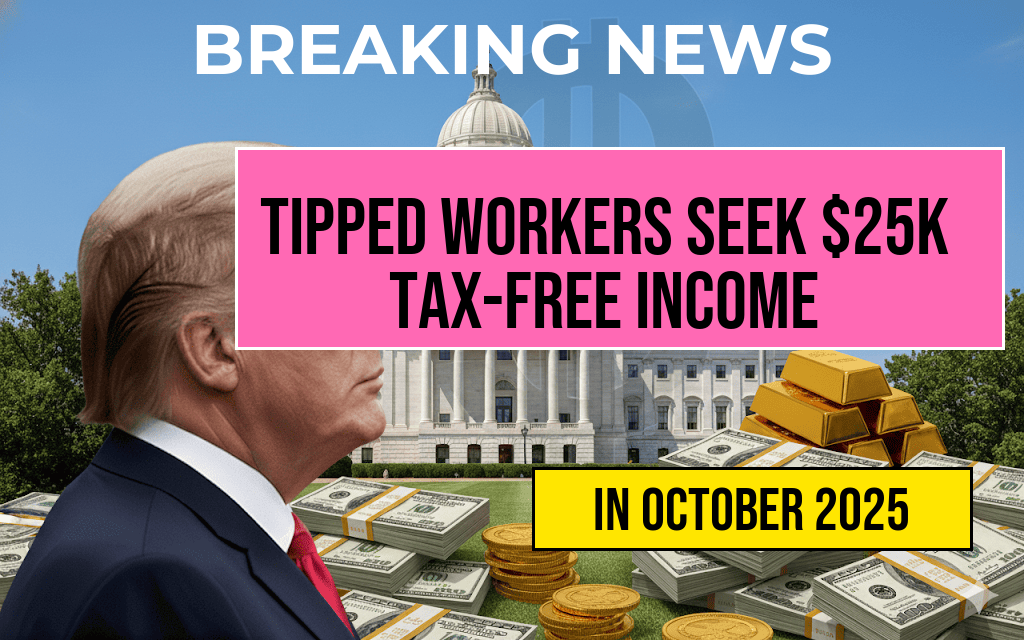Federal Employees Face Financial Strain as Missing Two Paychecks Could Cost a GS-12 Up to $4,000
For many federal workers, a missed paycheck can create immediate financial stress, especially for those at the GS-12 level who rely heavily on their regular income. Missing two consecutive paychecks could potentially lead to a loss of up to $4,000, depending on their salary and benefits. This scenario underscores the importance of understanding payroll processes, available resources, and steps to mitigate financial hardship during delays caused by government shutdowns, technical errors, or administrative issues.
Federal employees are increasingly vulnerable to financial instability when pay disruptions occur. While most are accustomed to predictable pay schedules, disruptions—whether due to funding lapses or system errors—can have significant consequences. For GS-12 employees, whose annual salaries typically range between $71,000 and $92,000, missing two pay periods can amount to a substantial financial setback, affecting rent, utilities, debt payments, and daily expenses.
This article explores how such delays impact federal workers, what measures they can take to protect their finances, and the resources available to mitigate the effects of missed paychecks.
Understanding the Impact of Missed Paychecks on GS-12 Employees
Salary Range and Potential Losses
| Pay Grade | Annual Salary Range | Monthly Salary | Biweekly Pay |
|---|---|---|---|
| GS-12 | $71,000 – $92,000 | $5,916 – $7,667 | $2,717 – $3,533 |
For a GS-12 employee earning approximately $3,000 biweekly, missing two paychecks could result in a shortfall of roughly $6,000 over a month. However, the exact amount varies based on geographic locality pay adjustments and specific step levels within the grade. Even if the total missed amount hovers around $4,000, the financial impact is significant, especially for those with tight budgets or existing financial obligations.
Consequences Beyond Immediate Financial Hardship
Missed paychecks can lead to late bill payments, overdraft fees, damaged credit scores, and increased financial stress. Employees may also face challenges in meeting mortgage or rent deadlines, risking eviction or foreclosure. Moreover, delayed pay can trigger complications with federal benefits such as retirement contributions, health insurance premiums, and loan payments.
What Federal Employees Should Do When Facing a Pay Delay
Verify the Cause of the Delay
First, employees must identify why their pay has been delayed. Common reasons include:
- Funding gaps during government shutdowns or appropriations lapses
- Administrative processing errors or system outages
- Changes in employment status or pay adjustments
Employees can check their pay status through the [U.S. Office of Personnel Management (OPM) portal](https://www.opm.gov/), or consult their agency’s payroll office directly.
Contact Payroll or HR Departments
Prompt communication with payroll or human resources ensures clarity on the issue and potential resolution timelines. Employees should document all correspondence and keep records of any communications.
Explore Financial Assistance and Relief Options
In cases where delays extend beyond a few days, federal employees can explore several options:
- Emergency loans: Some agencies offer short-term emergency loans or advances.
- Federal Employee Assistance Program (FEAP): Provides financial counseling and support services.
- Credit unions and banks: May offer temporary overdraft protection or payday alternative loans.
- State and local assistance programs: Some jurisdictions provide emergency aid or rent relief during federal pay disruptions.
Employees are encouraged to review the [U.S. Government Accountability Office (GAO) guidelines](https://www.gao.gov/) on managing financial uncertainties related to government shutdowns.
Preventive Measures and Long-term Strategies
Build an Emergency Fund
Financial experts recommend setting aside at least three to six months’ worth of living expenses to buffer against pay delays. Automating savings and reducing discretionary spending can help build this safety net over time.
Stay Informed and Plan Ahead
Employees should stay updated on federal budget negotiations and pay schedule notifications. Many agencies provide email alerts or portal updates about potential disruptions.
Adjust Budgeting and Expenses
In anticipation of possible delays, tightening budgets and prioritizing essential expenses can reduce financial strain. Considering flexible payment arrangements for bills might also help.
Resources and Support Systems
Official Federal Resources
Financial Counseling
The [Federal Employee Financial Planning Program](https://www.opm.gov/healthcare-insurance/healthcare/refunds/financialplanning/) offers free counseling to help manage financial emergencies.
Recognizing the Significance of Preparedness
While federal employees generally trust that their pay will arrive on schedule, unpredictable delays can undermine financial stability. Proactive planning, staying informed, and leveraging available resources can help mitigate the impact of missed paychecks. As government funding and operations fluctuate, understanding these strategies becomes essential for maintaining financial security amidst uncertainty.
For more information on federal pay policies and recent developments, visit [Congress.gov](https://www.congress.gov/) or consult official agency communications.
Frequently Asked Questions
What are the potential financial impacts of missing two paychecks for a federal employee at GS-12 level?
Missing two paychecks can cost a GS-12 federal employee up to $4,000, affecting their ability to cover essential expenses and manage financial obligations.
What steps should a federal employee take if they realize they have missed a paycheck?
If you miss a paycheck, contact your agency’s payroll office immediately to report the issue and seek guidance on resolving the payment delay and preventing future occurrences.
How can federal employees prevent missing future paychecks?
Ensure your direct deposit information is up-to-date, regularly verify your pay statements, and promptly address any discrepancies with your payroll department to prevent missed payments.
What are common reasons for missed paychecks among federal employees?
Missed paychecks can occur due to administrative errors, incorrect payroll information, delays in paperwork processing, or issues related to funding or budget constraints.
What resources are available to federal employees facing financial hardship due to missed paychecks?
Federal employees can reach out to employee assistance programs, financial counseling services, or their agency’s human resources office for support and guidance during financial difficulties caused by missed paychecks.










